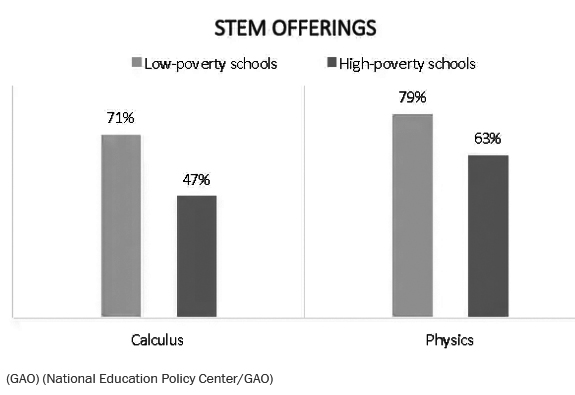College Cheating Scandal Magnifies the Class Divide in America
April 10, 2019
On March 13th, fifty people – including wealthy business executives, lawyers and well-known actresses – from across the country were arrested in what is being called the biggest college entrance scam ever. These individuals are being charged with crimes related to a number of incidents including paying CEO of the college admission service The Key, Rick Singer to help their children cheat on the SAT/ACT and guarantee them admission in to prestigious schools like Yale, Stanford and USC. The scams included filing false claims that their student had a learning disability in order to get extra time on the test, having their answers corrected by test proctors and administrators, and them being admitted to schools as recruited athletes for sports that the students oftentimes didn’t even play.
Almost immediately after the news broke, parents and students around the nation expressed anger and surprise, but for some reason I was not that moved by the scandal. To me, this scandal is just another manifestation of a society that claims to be a meritocracy but proves time and time again that wealth and connections trump merit.
College admissions has always given a leg up to the rich and well-connected. In fact, this begins at even the lowest level of the process as one must have enough income just to be able to pay application and SAT/ACT fees. The average application fee for a college is seventy-five dollars and students often apply to several schools, so it doesn’t take much to understand the challenge that this can bring to a financially struggling student.
Another important factor in gaining admission to competitive colleges is access to high level instruction and curriculum. In order to stand a chance at being admitted to a competitive school, students must take AP/IB classes, participate in extracurricular activities, and perform well on the SAT/ACT. These three criteria are at the heart of the issue and the scandal.
Let’s’ start with AP and IB classes. AP and IB classes are a way for students to show that they can perform well in an intellectually challenging environment. Of course, it is not lost on students that these classes also boost their weighted GPA. However, these classes – or, more importantly, access to these classes – further exemplifies the class divide that exists in K-12 education. The amount of AP and IB classes offered – if any at all – varies from school to school with schools in more affluent areas offering significantly more access, which provides students more opportunity to distinguish themselves academically.
Furthermore, in order to take both AP and IB exams students must pay up to ninety dollars, a fee that can be difficult to come up with for some students. Add to this cost the fees that come with extracurricular activities such as sports, debate team, model UN, and various honors societies and you can see where the separation begins. Added to this issue is the fact that some students have jobs because their family needs them to do so or they have younger family members to take care of after school and so these things are out of the question. Of course, these extracurricular activities are a great way to expand your interests and grow as a person and, just like AP and IB classes, are a common way to show that a student is well-rounded. Hence the reason that some of the families caught in the scam fabricated entire extracurricular lives for their kids.
However, even if a student is able to do all of this there is still a chance that they may not gain admission to a school due to students who have legacy status, are the children of major donors, or, as this scandal has shown, flat out paid and cheated their way in. The truth is, the inequities present in college admissions is not an issue just for young adults hoping to attend college, it is an issue for our whole nation because it is a reflection of the class divide and erosion of meritocracy that is far too prevalent in our nation.
The United States has always been regarded as a meritocracy, where if you work hard enough then you will be able to succeed. But this statement doesn’t’ ring true for those at the bottom of the class structure or those who belong to racial and ethnic minorities who have traditionally been disadvantaged.
In the end, this cheating scandal may not be all bad. It has certainly opened the eyes of many people – including those who could otherwise afford to be oblivious – to the grave disadvantages many in this nation face.













































